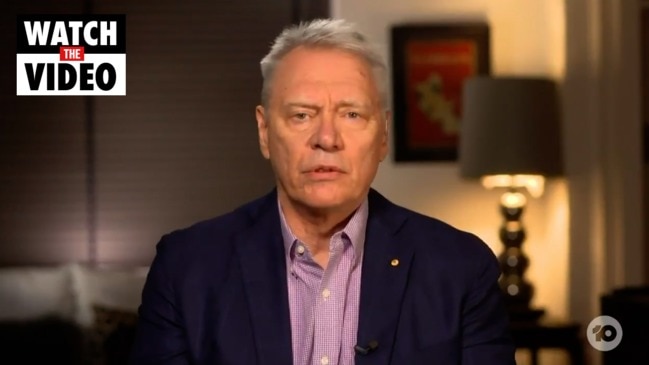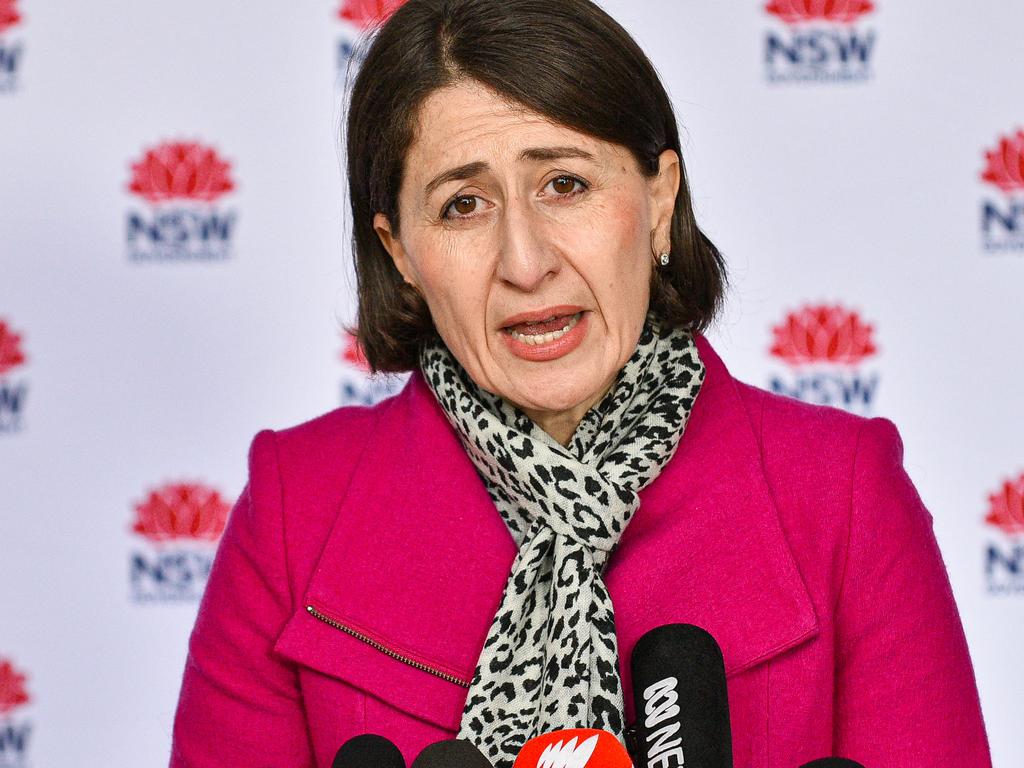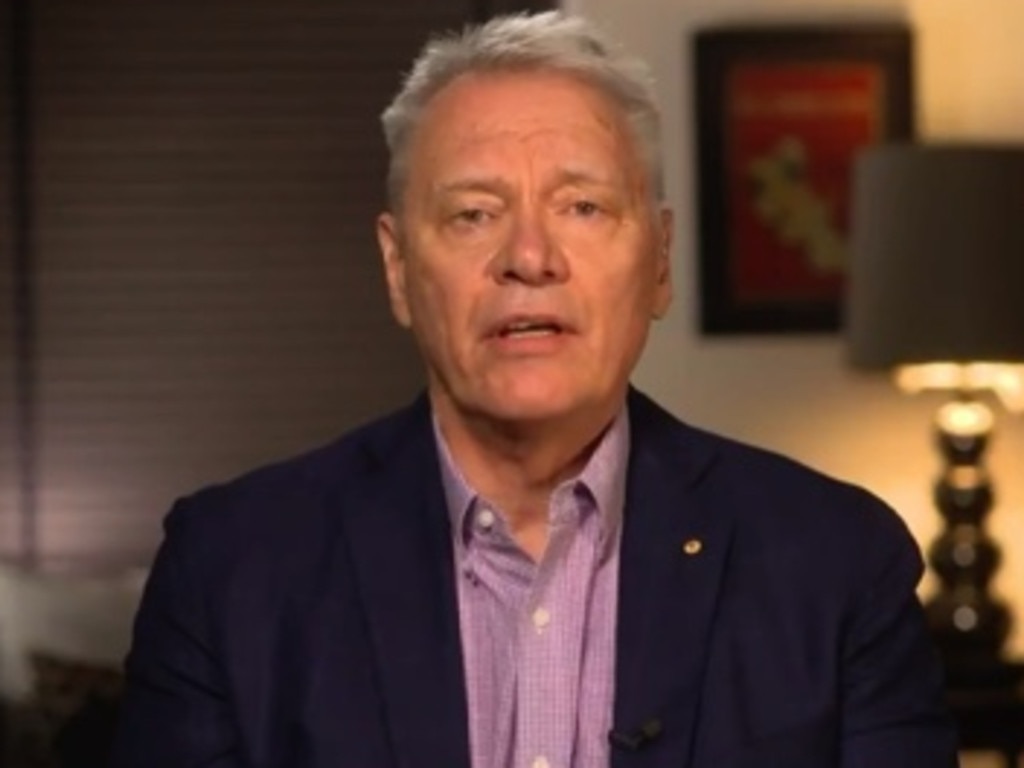Health expert blames quarantine arrangements for Sydney’s latest covid outbreak on Sunday Project
NSW has been slammed by a health expert who said the system “failed us” after the latest cluster was linked to an infected limousine driver.

A health expert has slammed quarantine arrangements at Sydney Airport after a number of cases in the state’s new coronavirus cluster were linked to an infected limousine driver.
The driver, who transported international flight crews to and from hotel quarantine, wasn’t vaccinated and contracted the highly infectious Delta strain. The Sydney cluster has now grown to nine and NSW Premier Gladys Berejiklian said the coming days “will be critical” for the city to determine whether stronger restrictions will be necessary.
Bill Bowtell, a strategic health policy consultant with the University of NSW, told The Sunday Project he hoped the state could keep the current outbreak under control but “we saw in the northern beaches episode how quickly very few cases can become many”.
Mr Bowtell was referring to the Avalon cluster that had Sydney on edge last Christmas.
“We don’t want to repeat that. It’s very bad news for the people who contract covid,” he said.
“Our hearts go out to them. But of course in the last few days we see the massive economic disruption that is caused in the eastern suburbs and elsewhere in Sydney as these list of exposure sites lengthen.”
RELATED: All the new Covid restrictions in Sydney
RELATED: Race to avoid Sydney ‘superspreader’ event

RELATED: Aldi, Coles, Big W among covid exposure sites
Mr Bowtell blamed quarantine arrangements at Sydney airport for “failing us” and said it was the reason “we’ve got to deal with this”.
“The driver was not wearing the best possible PPE and doesn’t seem to have been vaccinated.
“That’s how it got out into the community.
“Now the cost of getting that right at Sydney is trivial. Compared to the costs that the community is now incurring because we’re having to go through this progressive expansion of masking and lockdowns and reporting and so on.
“Now this is just not good enough and it’s really got to change.”
Sydneysiders are bracing themselves this week as Ms Berejiklian warned residents to modify their habits in order to avoid a “superspreader event”.
She warned cases had just a “fleeting exchange” with each other and that some people are spreading it more than others.
“My strongest message to the community is the next few days are critical,” she said on Sunday.
“Now, we’ve held off on being more heavy handed than what we are in relation to what we’re asking people to do but that will depend on what the cases, if any, emerge in the next few days.
“We just ask every body not to be complacent.”
Mr Bowtell said one of the problems that contributed to the issue was low vaccination rates.
“One of the big problems we have in Australia now, only 3.2 per cent of Australians are fully vaccinated,” he said.
“And that’s way behind the comparable countries. The UK, 45 per cent, 46 per cent of all adults there are fully vaccinated. Israel is 57 per cent.
“In Australia it’s 3.2 per cent.

“And why is that? Because, as we saw the Premier of NSW say tonight, there is a real problem with supply. And the supply goes back to the decision taken by the Federal Government last year to only go with AstraZeneca.
“They made that decision on August 19 on commercial and political grounds, not medical advice really. And to reject the offers that were made by Pfizer and Moderna to have priority access to production of the mRNA vaccines.
“Now had we secured that priority access by the beginning of this year, we would have had sufficient vaccines delivered from Pfizer I think to vaccinate all Australians.
“So today, at the beginning of winter, we would be having vaccination coverage rates comparable to the countries that did the right thing – played, backed all the horses in the race if you like but certainly had enough supply to vaccinate their populations rapidly.”
Ms Berejiklian has also announced the state was extending some of the restrictions because it was “important for all of us to be on high alert,” she said.
Masks will now be mandatory indoors and must be worn on public transport in greater Sydney, Wollongong and Shellharbour local government areas.
A range of new venues were also added to NSW Health’s exposed venues list overnight on Saturday with three new locally acquired cases of coronavirus sparking new mask restrictions across Sydney.
Masks and new restrictions from tonight as the delta strain spreads in New South Wales and Queensland. pic.twitter.com/C2y4RyKQgj
— The Project (@theprojecttv) June 20, 2021
Read related topics:Sydney




